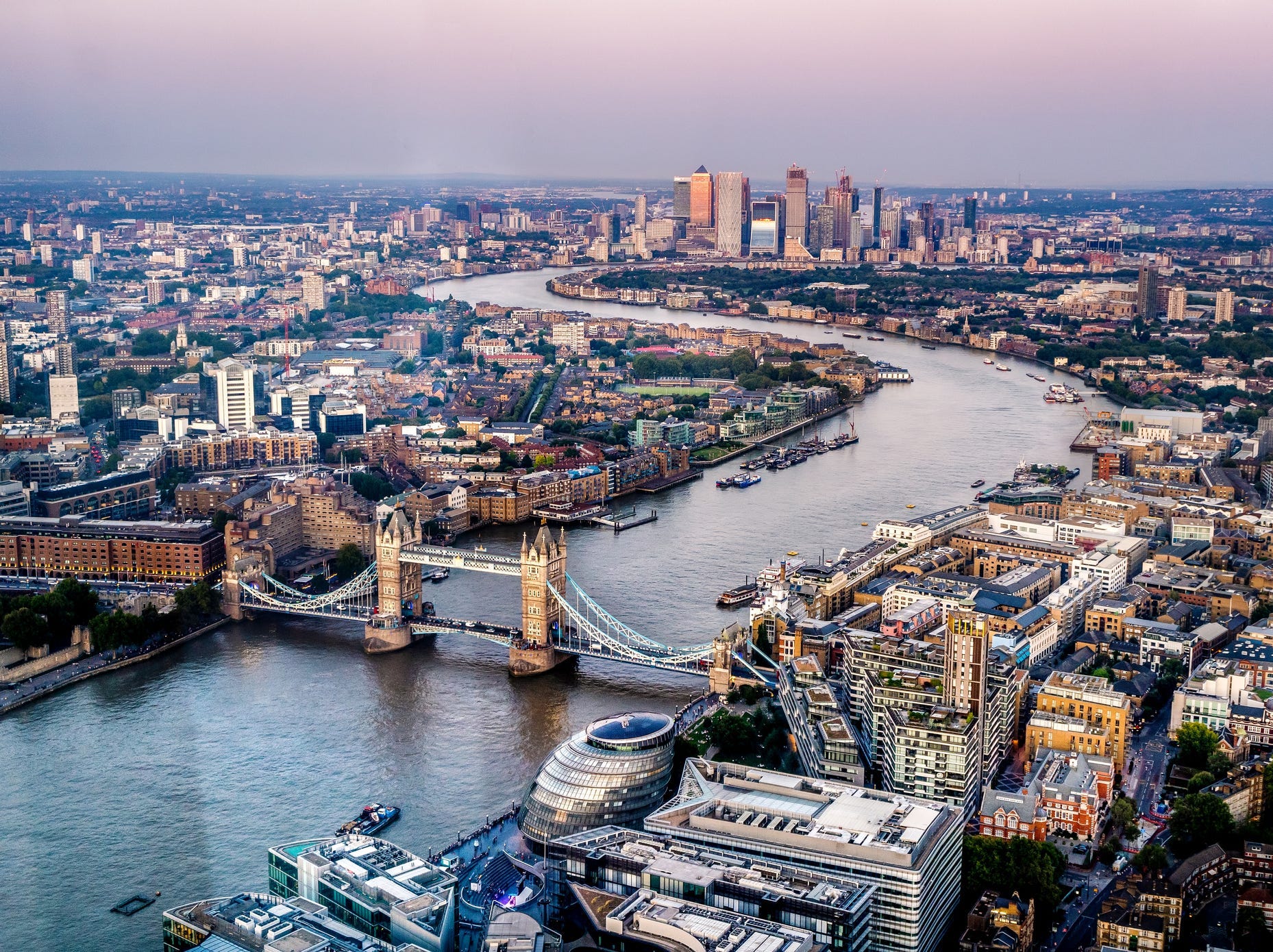
Circle Creative Studio/Getty Images
- From next week, international arrivals entering the UK will have to present a negative COVID-19 test taken a maximum of 72 hours prior to departure, the UK’s Department for Transport (DfT) announced Friday.
- Those who can’t show they a negative test will have to pay an immediate fine of £500 ($680).
- The policy was introduced to help prevent the spread of new strains of the coronavirus, the DfT said, citing a variant strain spreading across South Africa.
- England entered a third national lockdown on Tuesday as COVID-19 cases surge in the country.
- Visit Business Insider’s homepage for more stories.
All international arrivals entering the UK will soon be required to present a negative COVID-19 test taken up to 72 hours prior to departure, the UK’s Department for Transport (DfT) announced Friday.
This includes all UK nationals traveling from overseas.
The policy will apply “from next week,” the government said, without giving further information on the timescale. The transport secretary, Grant Shapps, told radio station LBC the new policy will apply from “likely on Wednesday or Thursday next week.”
Passengers will need to show proof of their negative result to their transport carrier before departure. If they don’t, the transport operators will deny boarding, the DfT said.
Travelers will also face spot checks from the UK Border Force, and those who can’t show they received a negative test result up to 72 hours before departing will have to pay an immediate fine of £500 ($680).
This includes passengers traveling by plane, train, and boat.
Dozens of countries have already placed restrictions on travel to the UK after experts said the B.1.1.7 variant, which is spreading rapidly across the UK, could be around 71% more infectious.
The policy was introduced to help prevent the spread of new strains of the coronavirus, the DfT said, just two weeks after it temporarily suspended direct travel from South Africa to England over concerns of a new variant strain spreading across South Africa.
"Today's decisive action is in response to the changes seen in the transmission of the virus both domestically and across the globe," it said.
The policy will "help protect against the new strains of coronavirus such as those seen in Denmark and South Africa," the DfT added.
The testing requirement will provide an "additional layer of safety" on top of the mandatory 10-day quarantine for passengers returning from high-risk countries, it said. The quarantine will still apply even if these travelers can produce a negative test result.
All travellers will also have to complete a Passenger Locator Form before arrival into England, or be fined £500 ($680).
Some groups will be exempt from the new testing policy, the DfT said. This includes hauliers, children under 11, and people traveling from countries that don't have the infrastructure available to deliver the tests.
Airlines UK CEO, Tim Alderslade, said the new policy "should be a short-term, emergency measure only."
For the UK economy to recover, travel must return to normal as soon as possible once the vaccine has been rolled out more widely, he added.
England entered a third national lockdown on Tuesday after COVID-19 cases surged in the country, in part due to the B.1.1.7 variant.
A study by Pfizer and researchers at the University of Texas Medical Branch, which has not yet been peer-reviewed, indicates its COVID-19 vaccine is effective against mutations of the coronavirus. However, Dr. Scott Gottlieb, the former Food and Drug Administration commissioner, has said that the variant identified in South Africa might get around antibody drugs that try to help the body fight infection.
On Thursday, the UK reported an additional 1,162 deaths within 28 days of a positive test, bringing the total over the course of the pandemic to 78,502.
